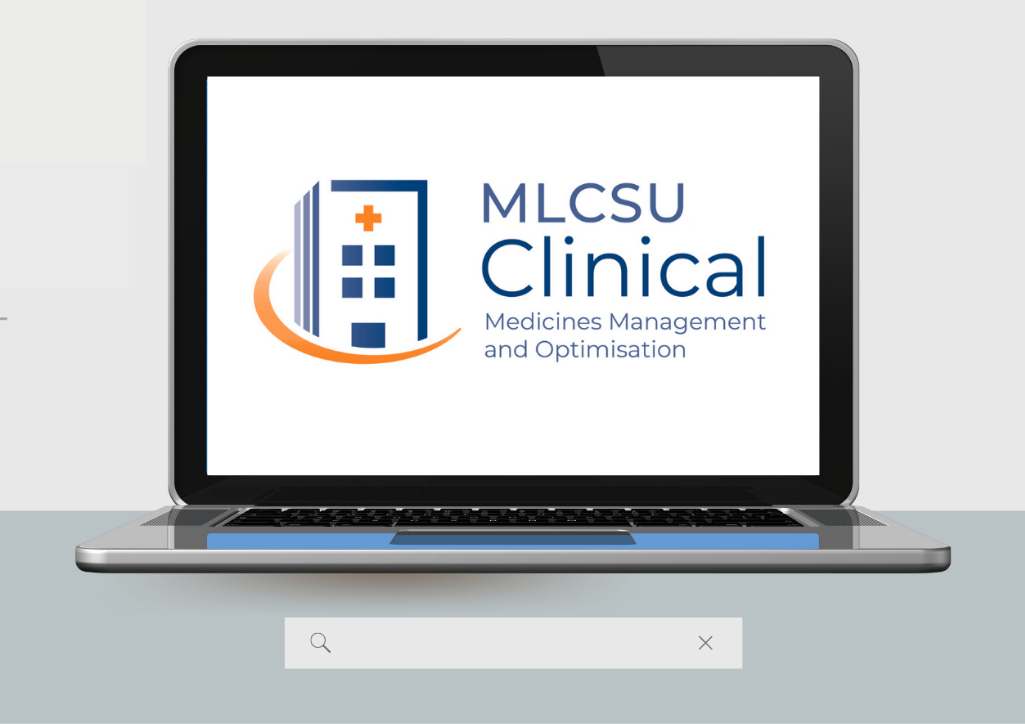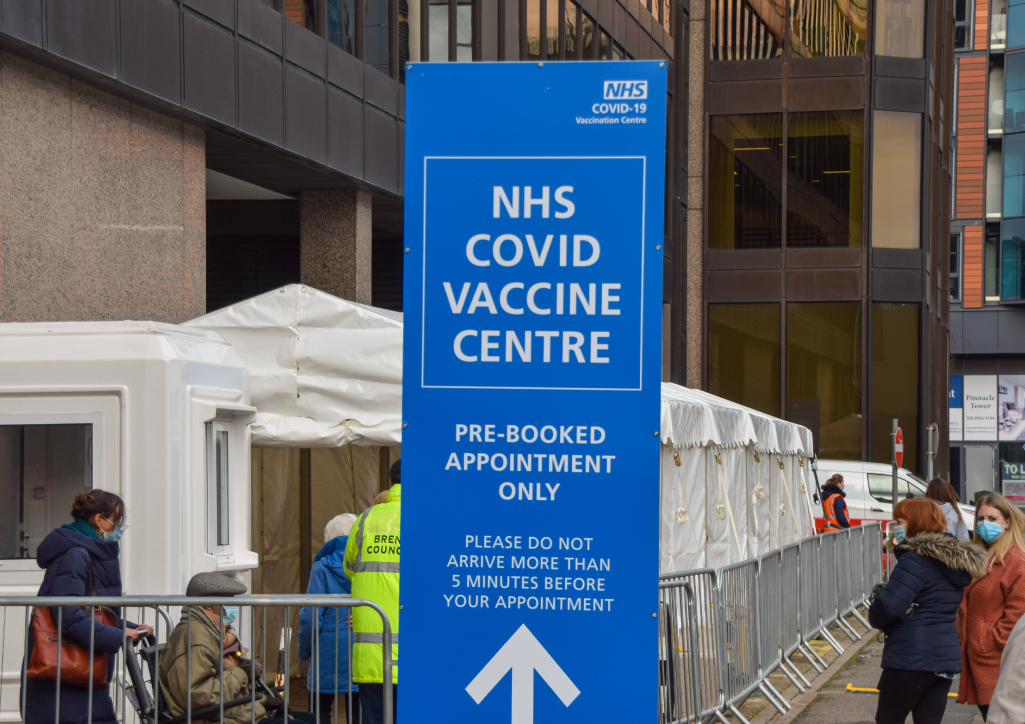Our Medicine Optimisation Care Home team successfully reduced the reliance on regular Lorazepam prescriptions in elderly residents of a dementia nursing care home, improving medication safety and appropriateness through comprehensive structured medication reviews and a multidisciplinary approach.
Background
A GP practice in Preston observed a concerning trend at a local dementia nursing care home. There was a notable increase in the number of Lorazepam prescriptions, alongside requests to shift from ‘when required’ to ‘regular’ dosing for its residents. Lorazepam, typically prescribed for short-term management of anxiety or insomnia with anxiety, is known for side effects such as drowsiness, loss of coordination, dizziness, and a heightened risk of falls, especially in the elderly. The primary goal was to ensure that the prescription of Lorazepam was clinically appropriate for each resident. This involved a collaborative effort with the care home’s carers, the GP, and the specialist mental health team, forming a multidisciplinary approach to optimise patient outcomes.
Action
NHS Midlands and Lancashire CSU’s (MLCSU) Medicine Optimisation Care Home (MOCH) team initiated a series of structured medication reviews (SMRs) for residents on Lorazepam, assessing the appropriateness of its prescription. The care home was guided to enhance care plans, detailing each resident’s typical and atypical behaviours. These plans were to include explicit guidelines on alternative techniques to be attempted before the administration of Lorazepam. During weekly ward rounds, the MOCH pharmacist, accompanied by an advanced nurse practitioner from the GP practice, reviewed positive behaviour plans and evaluated the judicious use of Lorazepam. Recommendations based on these evaluations were discussed and implemented as needed.
Impact
Over three months, the MOCH team conducted 12 structured medication reviews for residents prescribed Lorazepam, with a notable majority (83%) of these patients aged 75 or older. The initiative led to a total of 54 interventions categorised by their impact on patient safety and care quality:
– Low impact interventions (7 instances): These interventions included examples such as modifying paracetamol prescriptions to variable repeats and reducing the quantity of sodium feredetate from 500ml to 300ml for a 28-day supply.
– Medium impact interventions (38 instances): Actions taken included dose adjustments for antidepressants due to adverse ‘hang-over’ side effects, mental health referrals, and discontinuation of no longer needed medications like Lactulose, presenting a moderate risk to patient safety.
– High impact interventions (7 instances): These interventions had the potential to significantly impact patient safety, including the cessation of Lorazepam in a resident with Alzheimer’s disease, indicating a direct approach to minimising harm.
The team’s efforts resulted in 27 instances of cost savings, amounting to £7,137 annually. Additionally, 25 medicines were discontinued, contributing to a more streamlined and safer medication regimen for the residents.
Specific outcomes related to lorazepam included:
– Lorazepam was discontinued for 6 residents.
– For 2 residents, Lorazepam was adjusted from ‘regular’ to ‘when required’ doses.
– 3 residents experienced dose reductions.
– 1 resident’s Lorazepam treatment was deemed still appropriate after review.
For residents where lorazepam was discontinued, tailored positive behaviour plans were developed. These plans emphasised distraction techniques such as discussing family and organising activities such as singing and drawing to manage behaviours without medication.
The work of the MOCH team enhanced ongoing communication between the GP practice and the nursing care home, resulting in a collaborative environment for continuous improvement in patient care. Following the latest Care Quality Commission inspection, the care home received positive feedback for their approach to medication safety, specifically regarding the reduced use of ‘as and when required’ medicines. This multi-faceted approach underscores the significant strides taken to ensure the well-being and safety of residents through meticulous medication management and the promotion of non-pharmacological interventions.
Feedback
‘Working alongside Tanveela on medication reviews was a pleasure, undertaking 12 structured medication reviews for patients prescribed Lorazepam. The outcome was beneficial for the patients and a great learning curve for me, working alongside with someone with the experience to guide me to make switches for the benefit of the patients. The review highlighted the need to be aware of medication effects and the side effects for patients, the impact of not over-sedating, prevention of falls, and the prevention of admissions. Discussing positive behaviour plans also impacts greatly on the patient’s daily living and being able to manage escalations of mood. The interventions proved very successful. Anne-Marie Potter | Advanced Nurse Practitioner










































